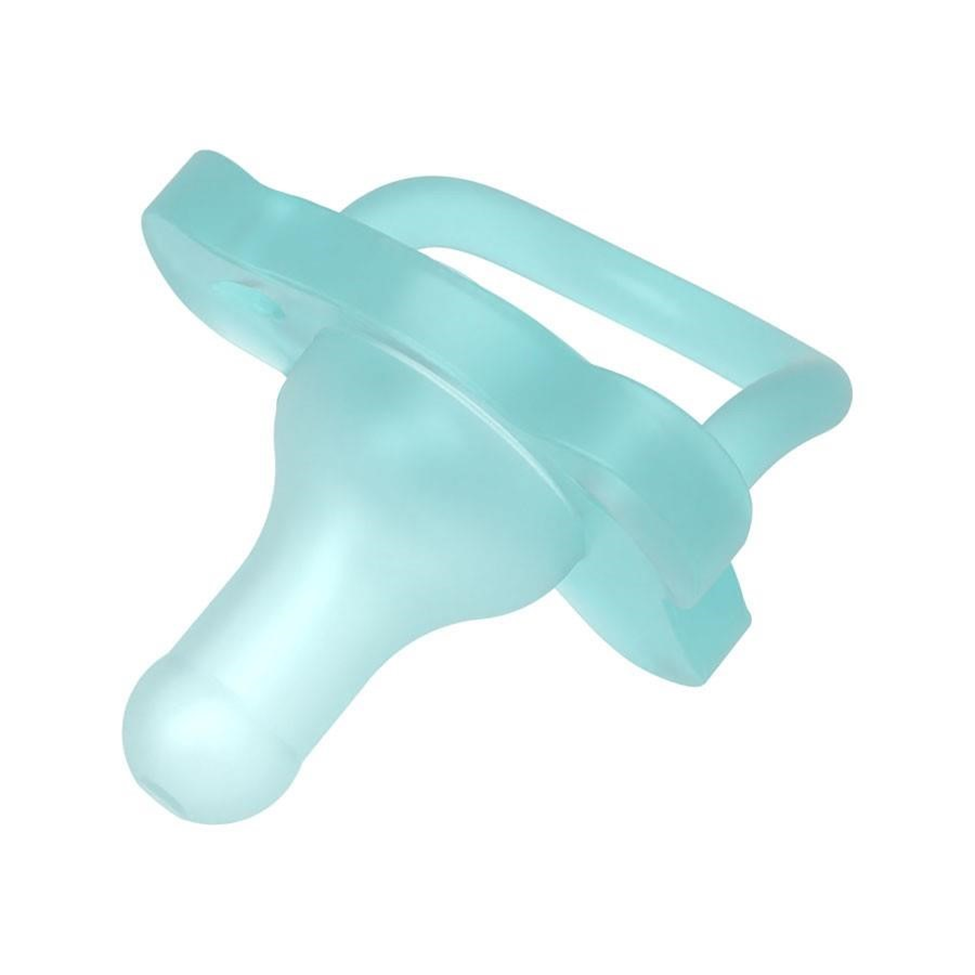During a clinic visit, the practical nurse (PN) observes an infant sucking on a pacifier that is made from a bottle nipple and stuffed with cotton. What should the PM do?

Encourage the mother to use a one-piece pacifier.
Observe infant for difficulty in sucking.
Tell the mother that pacifiers can cause dental problems.
Compliment the mother for meeting her infant's needs.
The Correct Answer is A
A. Encouraging the mother to use a one-piece pacifier is the appropriate action as it reduces the risk of choking or ingestion of small parts and is safer for the infant.
B. Observing the infant for difficulty in sucking is important, but addressing the safety of the pacifier takes precedence.
C. Informing the mother about potential dental problems associated with pacifier use might be relevant but doesn't address the immediate safety concern of the makeshift pacifier.
D. Complimenting the mother for meeting her infant's needs doesn't address the potential safety risks associated with the homemade pacifier.
Nursing Test Bank
Naxlex Comprehensive Predictor Exams
Related Questions
Correct Answer is A
Explanation
A. Encouraging the client to use the spirometer before analgesia is important as it helps prevent respiratory complications post-surgery. It's crucial for optimal recovery.
B. Rescheduling the spirometer instruction may delay a critical intervention for the client's postoperative care.
C. Providing a PRN analgesic before spirometer use might hinder the client from benefiting fully from the respiratory therapy.
D. Reassuring the client that the incentive spirometer is not painful doesn't address the client's request for analgesia before using it.
Correct Answer is A
Explanation
A. Ensuring minimal clutter reduces the risk of falls and injury due to potential bleeding episodes from ITP.
B. Monitoring blood cell laboratory values is important but doesn’t directly prevent physical injury.
C. Assessing for nerve pain or paralysis is essential for overall health but doesn't specifically prevent injury.
D. Evaluating neurological status after exercising is crucial but doesn't directly address the risk of physical injury associated with ITP.
Whether you are a student looking to ace your exams or a practicing nurse seeking to enhance your expertise , our nursing education contents will empower you with the confidence and competence to make a difference in the lives of patients and become a respected leader in the healthcare field.
Visit Naxlex, invest in your future and unlock endless possibilities with our unparalleled nursing education contents today
Report Wrong Answer on the Current Question
Do you disagree with the answer? If yes, what is your expected answer? Explain.
Kindly be descriptive with the issue you are facing.
